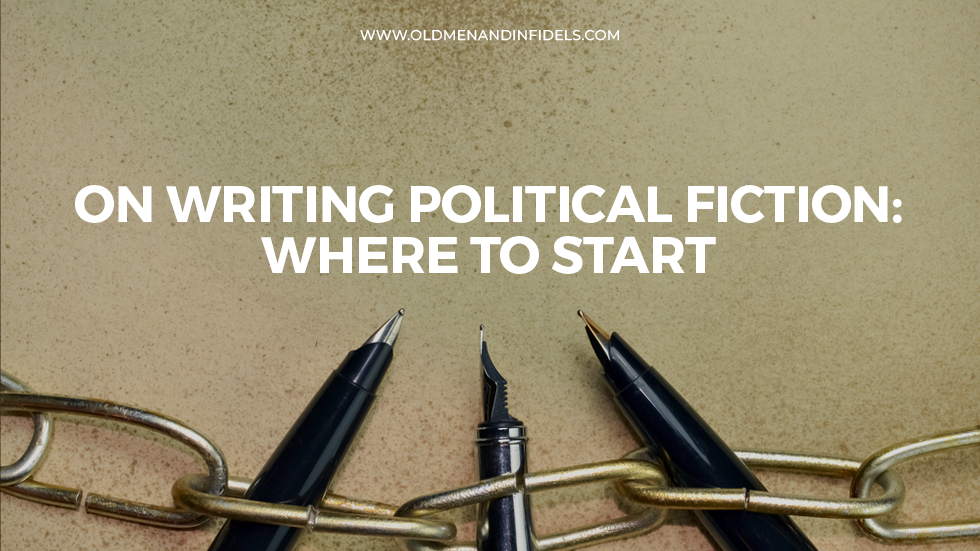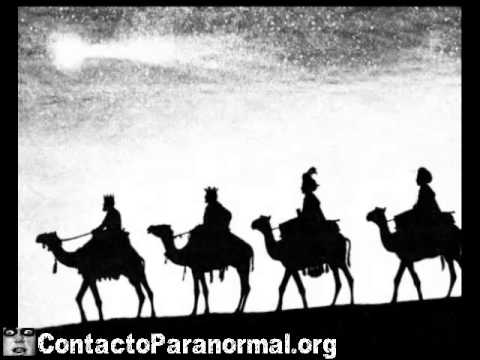On Writing Political Fiction: Where to Start?

Whether you like it or not, writing is inherently political. Even the very notion of avoiding politics is a political act in itself. As long as one is part of a sovereign country, one will never escape politics. They can be a fervent believer of a government’s principles, they can be entirely against it, or they can remain apathetic towards it, but no matter how they feel about their nation’s politics, somehow, it will seep into their ideas, and the pages that they are writing.
Deliberately writing for politics is an entirely different beast altogether. Whether it be fiction or non-fiction, writing with politics as the main topic needs a lot of knowledge and expertise. It will also need a firm understanding between both sides to give a fully unbiased and fair view. Without this balance, then the written work has a danger of becoming propaganda, especially with non-fiction work.
Fictional work, however, has more leeway. Since fiction involves possible yet imaginary scenarios, i.e., the clash between older and younger citizens in the Political Fiction on Books of OMAI, it is free to explore avenues that may or may not seem biased.
Writing for Political Fiction
Although political fiction is undeniably politically focused, it is still important to have compelling characters. Relatable characters are essential to any story, political stories included. These characters can be the instruments by which the author can visualize the object or intention of the whole narrative to the audience.
One way to understand how to weave your ideas into the narrative effectively is to read the classics. Nineteen Eighty-four, A Brave New World, and Animal Farm these are novels that are not only considered excellent political novels, they are excellent novels in general. Reading and understanding how these authors develop their storylines allows you to grasp on how you can go about on your novels. Maybe taking some ideas presented in the novels and then turning them on their head can make your novel more exciting. The possibilities are endless if you can get a grasp on the fundamentals.
Flesh Out Your World
Another vital part of your novel would be the world in which your characters operate. Worldbuilding is a difficult skill, and some do it better than others. That doesn’t mean that you cannot learn to do it. Worldbuilding is vital because it will set the stage by which your characters move and operate. Good fiction hinges upon rules and logic that is consistent and coherent. Break those rules, and you run the risk of an illogical world. You don’t need to blatantly state these rules and laws in writing. You can even let the readers figure it out. What is important is that rules exist and be followed. A good tip for building worlds is to make notes of this fictional world. This “bible” can be your guide to your own world whenever it gets complicated, and political novels can get very, very complex.
Be Extra Considerate when Applying Politics in Your Story
Find out how much you can apply your politics in the story. The right balance is needed in order to avoid making your story heavy-handed or too preachy. Otherwise, readers might find it distasteful or crass. This balance will also differ depending on the novel you are writing. A comedic and satirical piece may need to introduce fewer political elements to state its point. A heavy political fiction or political science fiction might need pages and pages of lore for the readers to have a complete picture of the scope of the story. No matter what type of narrative it is, when you can find the right balance, then your writing will have more impact.
Don’t Limit the Narrative to Politics.
Readers are more receptive to ideas if presented in a more organic manner. The same applies to politics. Instead of just hammering the reader with how critical political ideas are in your story, maybe show them how it affects the people in your narrative. Give your characters other things to believe in or other struggles to fight for. Maybe talk about how they survive their day-to-day struggles in a politically tumultuous background. Maybe give them a family, hobbies, or even a relationship somehow affected by the politics. Weave this expertly in your narrative, and you may have the making of a great story.
Like all fictional work, your political novel will take a long time to develop. You will need to write and write until you can finally see a fleshed-out narrative. Then you need to edit it and edit it some more to truly polish it.
‹ Back







